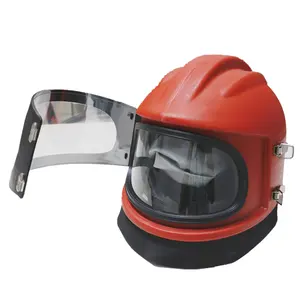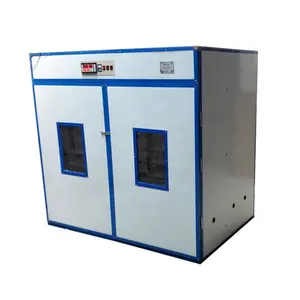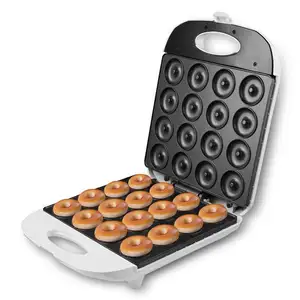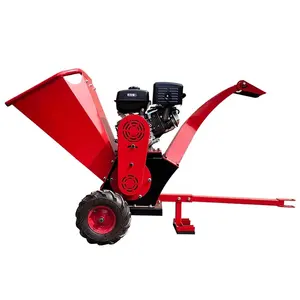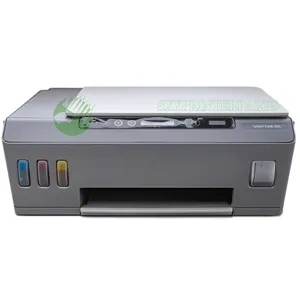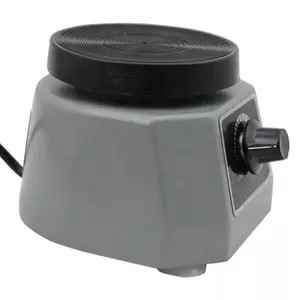

















치과 계기 디지털 치과 Amalgamator 기계 4350 RPM Amalgama 캡슐 믹서 applier
배송 준비 완료
₩62,470 - ₩72,188
최소 주문량: 1 개
조각 당 선박: ₩69,620






Best Price Dental Clinical Huge Dental Teeth Impression Material Light Body Type 3 for dentist clinical need
₩20,824 - ₩41,647
최소 주문량: 10 박스












증기 살균제 치과 오토클레이브 살균 장비/종류 B 치과 실험실 오토클레이브 증기 발전기 진공 의학 공급
배송 준비 완료
₩1,415,981 - ₩1,665,860
최소 주문량: 1 유닛
조각 당 선박: ₩859,306
























유니버설 9 개/세트 치과 임플란트 스크류 드라이버 키트 라운드 홀더 치과 실험실 치과 임플란트 드릴 치과 용품
₩35,816 - ₩43,729
최소 주문량: 1 세트
조각 당 선박: ₩14,146






치과 알루미나 공기 마모 폴리 셔 Autoclavable Sandblasting Sandblaster 안티 백 빨아 치과 실험실 용품 Autoclavable
배송 준비 완료
₩56,765 - ₩64,330
최소 주문량: 1 세트
조각 당 선박: ₩23,225
상위 카테고리
치과 실험실 용품 machin 정보
고품질 치과 실험실 용품 machin 구매. Alibaba.com의 옵션은 상자에 포장 인쇄를 향상시키는 혁신적인 방법을 제공합니다. 그들은 판지 인쇄를 간단하게 만들고 시간과 노력을 거의 사용하지 않는 뛰어난 특성을 자랑합니다. 이 제품은 고유 한 기능과 성능 출력을 갖춘 모델로 구성된 광범위한 컬렉션으로 제공됩니다. 이를 통해 다양한 배경의 쇼핑객이 가장 적합한 치과 실험실 용품 machin을 찾을 수 있습니다. 생산성을 높일 수 있습니다.
알리바바 닷컴에서 치과 실험실 용품 machin. 다양성은 인상적으로 다재다능하며 다양한 분야에서 사용할 수 있습니다. 운영자는 이러한 기계에서 다양한 매개 변수를 변경하고 원하는 작동 출력을 얻을 수 있습니다. 이 속성은 대규모 및 소규모 판지 인쇄 프로세스에 적합합니다. 고장률이 적고 수리 및 예비품을 제조업체에서 쉽게 구할 수 있기 때문에 유지 관리가 쉽습니다.
구매자가 웹 사이트에서 구매하는 모든 상품은 치과 실험실 용품 machin를 제공합니다. 우수한 품질 표준을 충족하는 범위. 엄격한 품질 보증 조치를 준수하는 선도적 인 범용 브랜드 및 신뢰할 수있는 제조업체에서 제공합니다. 소재는 매우 튼튼하여 수명이 연장되고 조작성이 향상됩니다. 뛰어난 디자인 덕분에 사용자가 위험에 노출되지 않으므로 업무 관련 부상을 최소화 할 수 있습니다.
Alibaba.com을 탐색하면 쇼핑객이 흥미로운 치과 실험실 용품 machin를 발견하게됩니다. 생산성 목표와 예산을 충족하는 제안. 이것들은 효능과 내구성으로 인해 투자 된 1 달러의 가치가 있습니다. 구매자가 시간과 비용을 절약하고 고급 제품을 구매하기 때문에이 웹 사이트에서 구매하는 편리함은 타의 추종을 불허합니다.
알리바바 닷컴에서 치과 실험실 용품 machin. 다양성은 인상적으로 다재다능하며 다양한 분야에서 사용할 수 있습니다. 운영자는 이러한 기계에서 다양한 매개 변수를 변경하고 원하는 작동 출력을 얻을 수 있습니다. 이 속성은 대규모 및 소규모 판지 인쇄 프로세스에 적합합니다. 고장률이 적고 수리 및 예비품을 제조업체에서 쉽게 구할 수 있기 때문에 유지 관리가 쉽습니다.
구매자가 웹 사이트에서 구매하는 모든 상품은 치과 실험실 용품 machin를 제공합니다. 우수한 품질 표준을 충족하는 범위. 엄격한 품질 보증 조치를 준수하는 선도적 인 범용 브랜드 및 신뢰할 수있는 제조업체에서 제공합니다. 소재는 매우 튼튼하여 수명이 연장되고 조작성이 향상됩니다. 뛰어난 디자인 덕분에 사용자가 위험에 노출되지 않으므로 업무 관련 부상을 최소화 할 수 있습니다.
Alibaba.com을 탐색하면 쇼핑객이 흥미로운 치과 실험실 용품 machin를 발견하게됩니다. 생산성 목표와 예산을 충족하는 제안. 이것들은 효능과 내구성으로 인해 투자 된 1 달러의 가치가 있습니다. 구매자가 시간과 비용을 절약하고 고급 제품을 구매하기 때문에이 웹 사이트에서 구매하는 편리함은 타의 추종을 불허합니다.
